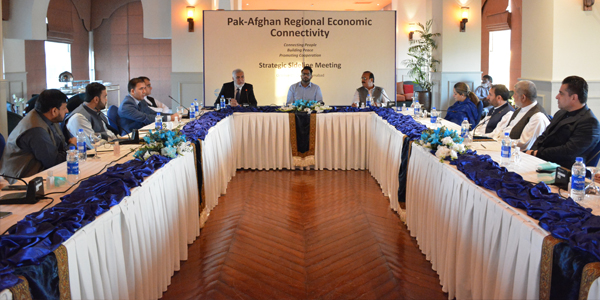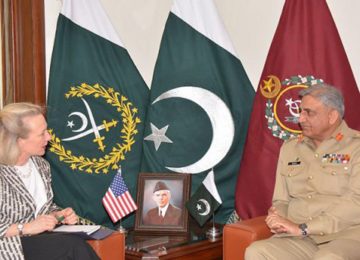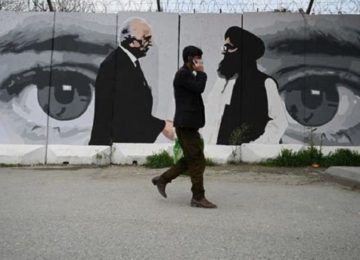October 21, 2021
Since the change of regime in Afghanistan, the trade between Pakistan and Afghanistan has increased and smoothened further. Pakistan being an important neighbouring country tried its utmost to avoid humanitarian crises in Afghanistan post Taliban takeover. It reached out to the international community to stand with Afghans in these testing times as well as continued to support them by introducing various confidence building measures (CBMs) in several avenues. Be it evacuating international staff and vulnerable local Afghans, allowing patients with valid visas to get treatment in Pakistan through Torkham, assisting students to continue their education in Pakistani universities, ensuring continuous food supply on humanitarian basis, and facilitating uninterrupted movement of goods, Pakistan continued its unwavering support to the Afghans.
However, along with these CBMs, there still persisted some bureaucratic and infrastructural impediments – massive congestion at Torkham border, closure of other crossing points for trade movement, low scanning capacity, delay in the return of empty containers – hindering the trade movement, especially transportation of perishable goods, resulting in massive financial and material loss to the Afghan traders.
Alongside the government, the civil society of Pakistan has also played a vital role in strengthening the bilateral relations. Civil society and think tanks did not only highlight the challenges which are impeding the bilateral trade relations but also advocated for their solutions to the relevant policymakers. It is worth mentioning that the Center for Research and Security Studies (CRSS), Islamabad was the first private organization which invited a delegation of Afghan traders to Pakistan via Torkham. The aim of this engagement was to conduct meetings and focus group discussions between the Afghan traders and relevant ministry officials as well as prominent members of the Pak-Afghan Friendship Group (PAFG) at the National Assembly.
These engagements provided the traders a platform where they could raise the above-mentioned issues. One of the consistent demands from the traders throughout this visit was to facilitate the smooth movement of perishable imports as these obstructions result in rotting of fresh fruits and vegetables. The delegation urged the members of the PAFG, civil society and concerned ministries to address this issue. It is worth mentioning that due to these discussions, the issue was raised at the highest authority by several stakeholders. The government of Pakistan took swift action to address these concerns and have facilitated the movement of perishable items and empty containers. The Afghan delegation has duly acknowledged these recent initiatives taken by the government and thanked the honorable members of the National Assembly and CRSS who ensured the resolution of the raised issues. The traders have further suggested to increase the operation hours of Ghulam Khan for transit trade and Kharlachi for bilateral trade to 24/7. These initiatives will also set the stage for increased transit trade with Central Asia in the future.
However, the Pakistani authorities are of the view that some persistent challenges are present on the Afghan side of the border and cannot be resolved by the government of Pakistan. They briefed that border crossing points at Chaman, Kharlachi and Angor Adda are closed from the Afghan side. Furthermore, several trucks parked on the Afghan side of the road are empty leading to congestion at their side. Pakistan has requested Afghan authorities to clear the trade route.
To conclude, in order to ensure smooth flow of trade, both sides need to work vigilantly, and responsibly as strengthened trade is in the interest of both the states as well as the region. Pakistan government aims to continue these CBMs to support Afghans and expect cooperation and support from the Afghan government in this regard.
Courtesy: Matrix Magazine








